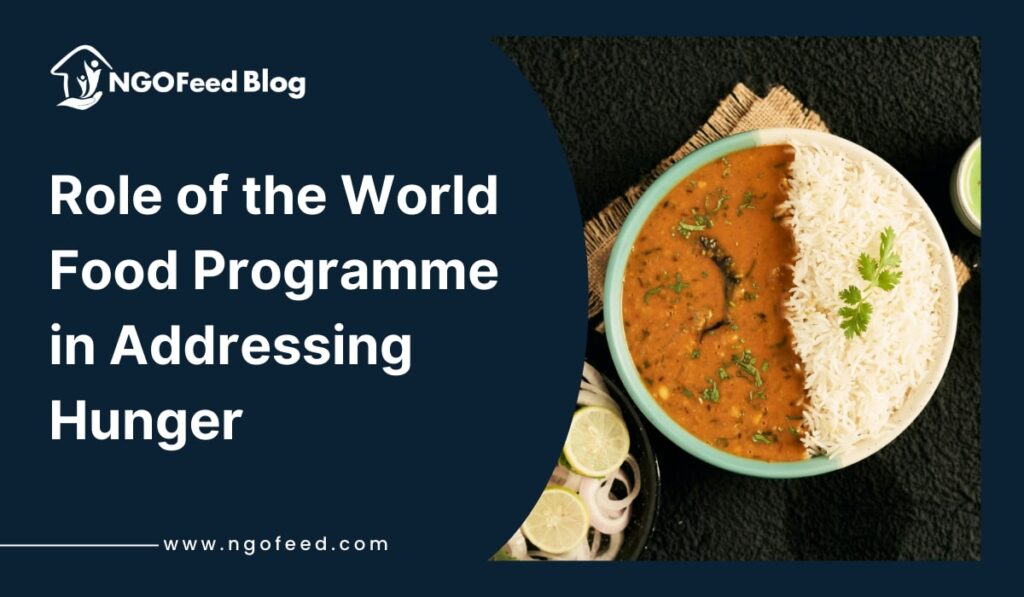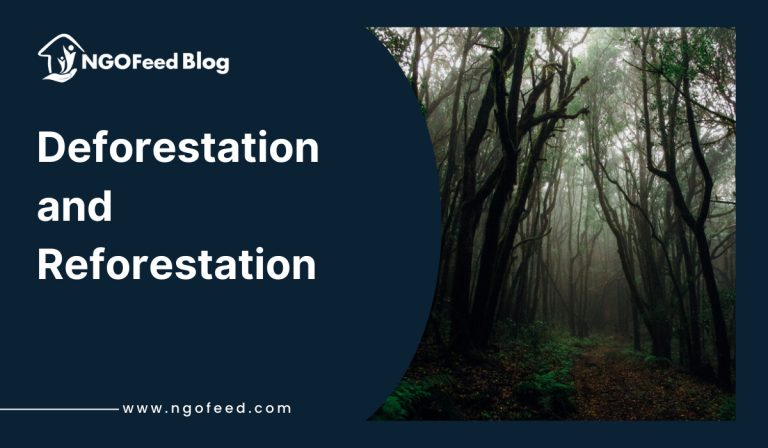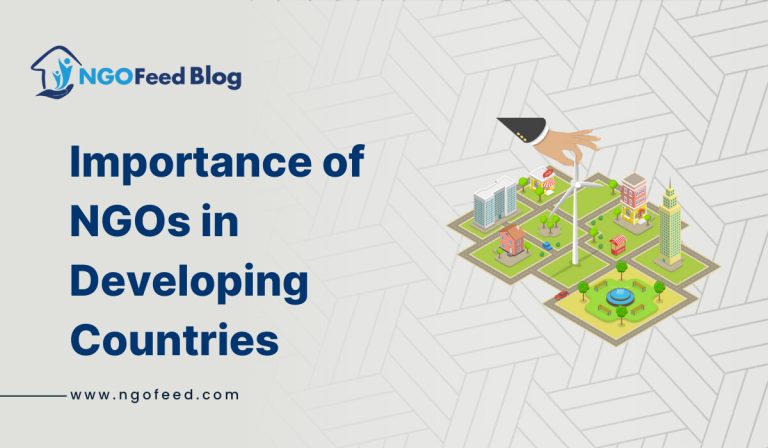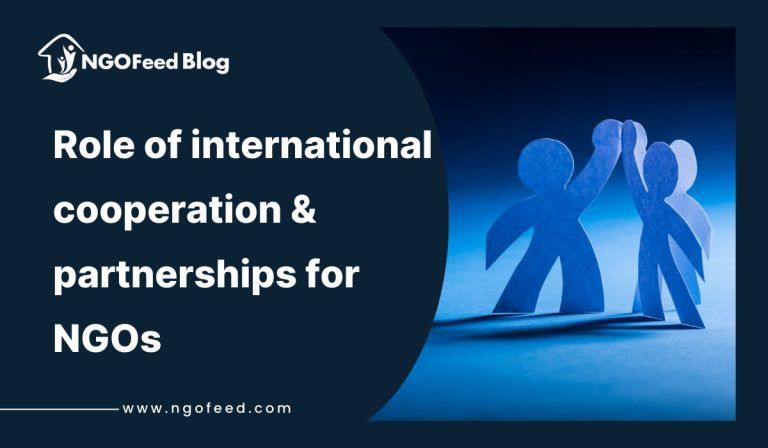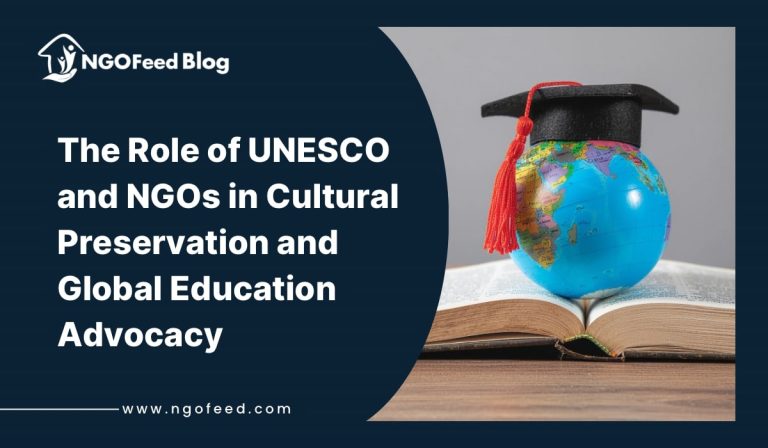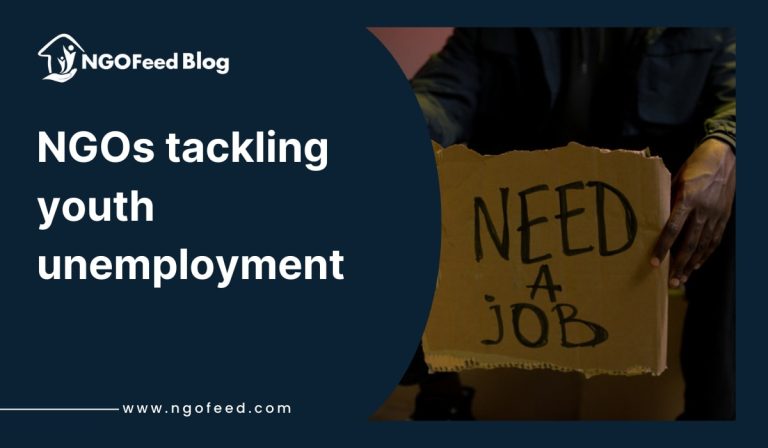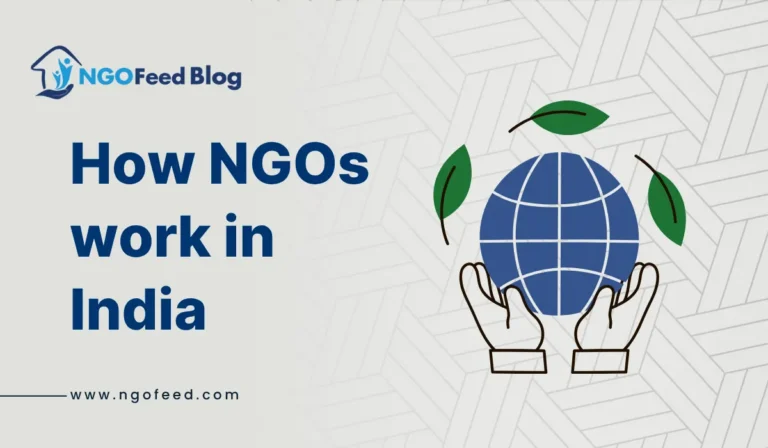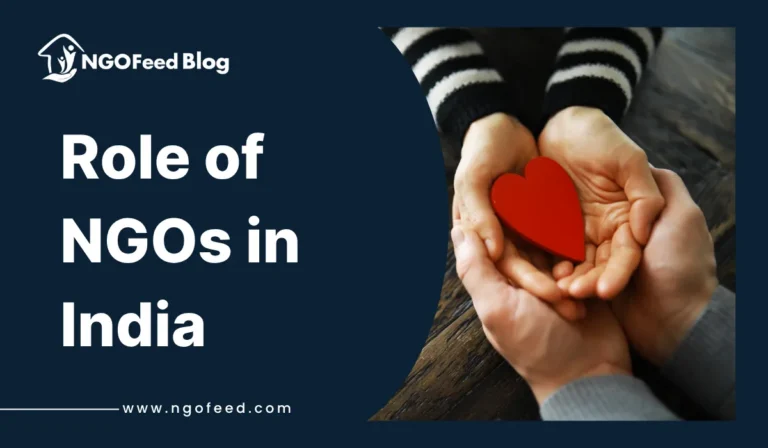Role of World Food Programme in Addressing Hunger: The world has two harsh realities. On one side, people who push away full plates, complaining about taste and choice, and others who are waiting and hoping for a one-time meal or a single bread. Hunger is not only an empty stomach; it is about weak bodies, broken dignity, and empty hopes. The World Food Programme (WFP,) the world’s largest organization addressing hunger, takes responsibility to end this harsh reality. Their mission is not limited to providing food only, but also restoring humanity, becoming the voice of hunger, and creating a future where no one has to fight to survive.
Table of Contents
The Harsh Reality of Global Hunger
Every night, more than 828 million people have to go to bed hungry, and hunger is a daily battle. At the same time, in developed nations, over 1.3 billion tonnes of food is wasted annually, which is enough for every hungry person. This reality shows that the world does not only suffer from a shortage of food but also inequality, waste, and indifference.
A child who is suffering from a single piece of bread knows the real value of food and hope, while others demand taste choice, yet throw their half-eaten plates in the dustbin. Hunger becomes a silent killer, taking lives slowly and denying the value of lives. The world shows a stark contrast between overfilled plates and empty stomachs, reminding us of humanity’s moral failure.
In the world, it is has become ironic- the gap between waste and want. This contrast is painful
In Many homes, restaurants, and events, food is thrown into the dustbin; people waste food blindly.
People are ready to throw food but do not finish it, they do not even try to finish their last bite of food, and sometimes they don’t even feed it to animals.
Food shortage is not the main issue; wastage and indifference are. The world should understand that every grain wasted could save a life of hunger.
Also Read: What Is Climate Anxiety and How NGOs Can Respond
The Role of World Food Programme in Addressing Hunger
In 1961, the World Food Programme was formed under the United Nations, and it works in more than 120 countries and territories. Its mission is to abolish hunger, strengthen food security, and provide nutrition to those who need it. WFP reaches people in their challenging periods, such as wars, disasters, and deracination, and when food becomes the most crucial support.
The WFP provides critical support, strengthens agricultural supply chains, supports child nutrition, and improves the capacity of communities so they are strong enough to handle possible disasters. In 2022, WFP supported over 160 million people, demonstrating that it is more than an organization but a humanitarian force fighting hunger, one of the oldest human struggles.
The Human Side of Hunger: A Tale of Two Worlds
Let’s uncover the true face of hunger; it is not just a matter of numbers, but also in people’s daily routine. In modern cities, food goes to waste merely because it does not suit someone’s taste. Untouched meals pile up in restaurants, and households throw away vegetables, bread, and rice as if they had no worth.
Meanwhile, in drought-stricken parts of Africa or war-torn Yemen, A mother shares a single piece of bread among every member of the family, sacrificing her own meal to fulfill the hunger of her kids. The father stands helpless, unable to provide more food to the children, licking plates in hope for more. This difference is heartbreaking. One world rejects food out of choice, while the other world sees it as the only thread keeping life together.
Also Read: WHO Global Nutrition Targets 2025
WFP in Times of Crisis
The World Food Programme is often the immediate responder in emergencies. Whether it is conflict in Syria, food scarcity in Somalia, earthquakes in Haiti, or floods in Pakistan, the WFP ensures food reaches the helpless. Its relief fleets move across dangerous regions, carrying not just rations, but hope for survival.
In refugee camps, where millions are displaced from their homes, WFP provides daily meals that help restore a sense of normalcy. During natural disasters, when crops are destroyed and the market breakdown, WFP steps in to deliver essential nutrition. In war zones, it becomes a lifeline for families trapped between conflict and hunger.
By being present where hope seems lost, WFP proves that food is not charity — it is a human right that must be fulfilled.
School Meals: Feeding the Future
One of WFP’s most life-changing program is its school feeding programme. For millions of children, the promise of one nutritional meal becomes the reason they attend school each day. This simple act of nourishment becomes a pathway to education, breaking the cycle of poverty and hunger.
A child who receives regular meals can better, stay focused in class, and hope for a life beyond simply surviving. Parents too are satisfied, knowing their children are not only learning but also receiving nutrition for their growth.
School meals not only fulfil hunger but, they empower communities. They reduce child labour, prevent early child marriages, and help children reclaim their dignity. A simple plate of food is, in truth, an investment in future of our children.
Also Read: WHO Mental Health Action Plan to 2030 & Beyond
Hunger: A Barrier to Equality and Peace
Food is the fundamental to life, and without it, every other human right becomes unreachable. Hunger kills dignity of people, effects their health, and stops them from building a future. A hungry person cannot study, can’t even focus on their work, and often is unable to even hope.
This inequality widens social divides. Hunger drives families into debt, sparks conflicts over scarce resources, and pushes entire communities into migration. Malnutrition stunts children’s growth and leads to critical diseases that are hard to cure.
By fulfilling hunger of people’s, the WFP is not only feeding bodies but also increasing equality among people, peace, and justice. Food security is essential for stability, and stability is essential for human progress periods.
Moral Call: Why WFP Matters More Than Ever
The Nobel Peace Prize awarded to the WFP in 2020 was more than acknowledgement; it was a reminder of the deep connection between food and peace. Hunger is not just an empty stomach; it is the seed of conflict, the destroyer of dreams, and the silence of million vulnerable people.
The World Food Programme represents kindness in action. Its presence in war zones, refugee camps, and disaster-affected lands proves that humanity can rise above selfishness. By restoring dignity and ensuring survival, WFP becomes the line between despair and hope.
Yet, WFP should not be the only one to help people. Governments, communities, and individuals must rise to the truth that feeding the hungry is not an option — it is moral justice. Food is not a privilege for the rich; it is a right for all people living in this world. By supporting WFP and changing our own mindset, we can be part of a movement that ends one of humanity’s oldest struggles: scarcity.
Also Read: Role of Indian NGOs in UN SDGs
What Can We Do? A Shared Responsibility
Fighting hunger requires the world to work together, yet it begins with simple steps in our own homes. We all should learn to respect food and value it as life itself. Avoiding waste, sharing resources, and supporting organizations like WFP are ways through which every person can contribute.
If you have untouched food or left out meal at home, do not throw it away. Pack it and give it to someone nearby who is hungry. But if food is already left on your plate, do not pass it to the needy — instead, feed it to animals so that they can also fill their stomachs. By taking such mindful steps, we show respect for food and humanity for life.
When communities work together, awareness spreads, and actions becomes faster and effective. Storing food, sharing meals, and supporting WFP all help build a fairer world. Hunger will not end through words alone — it will end through responsibility and taking action.
Conclusion: Be the Voice of Hunger
The role of the World Food Programme is greater than feeding people and fulfilling nutritional requirements; it is about saving lives, restoring dignity, and shaping something bigger than just the world. But hunger cannot be removed by one organization alone. This is the problem we all share, and silence makes it worse.
We must open our eyes to the contrast: while some throw food away because it does not taste similar to what they wanted whereas others beg for a piece of bread. Food is not simply nourishment — it is equality, peace, and hope.
Supporting WFP, cherishing every grain, and acting with compassion can help ensure that every child goes to bed with a full stomach. The voice of hunger is silent, but it speaks through empty plates and eyes willing for food. The question remains: will we listen?
Frequently Asked Questions (FAQs)
1) Who is the biggest donor to the WFP?
The United States is the biggest donor of The World Food Programme. US contribute billions of dollars annually in funding and includes special programme such as providing meals in the school for students. And other major donors are Germany, the United Kingdom and the European.
2) Who is behind WFP?
The Food and Agriculture Organization (FAO) and The United Nations are behind the World food programme (WFP), works as UN’s largest humanitarian organisation who fights for global hunger and was established in 1961.
3) What is WFP programme?
WFP programme means the World Food Programme. This is an organisation that helps feed the hungry all over the world. WFP server in bad times, such as disasters, wars and providing nutritious meals to school students. Their service not only provides food but also gives people hope and the strength to live.
4) What is the school meals programme?
WFP runs school meals programme for students, provides free or nutritious meals to students in schools, and this programme aims to improve health, nutrition and class attendance, while also reducing hunger and food insecurity.
5) What can individuals do to help?
Avoid wasting or throwing food, distribute surplus food responsibly, Support WFP through donating or by running awareness campaigns, Treat food as a valuable and fundamental resource, respecting its role in keeping life alive.

